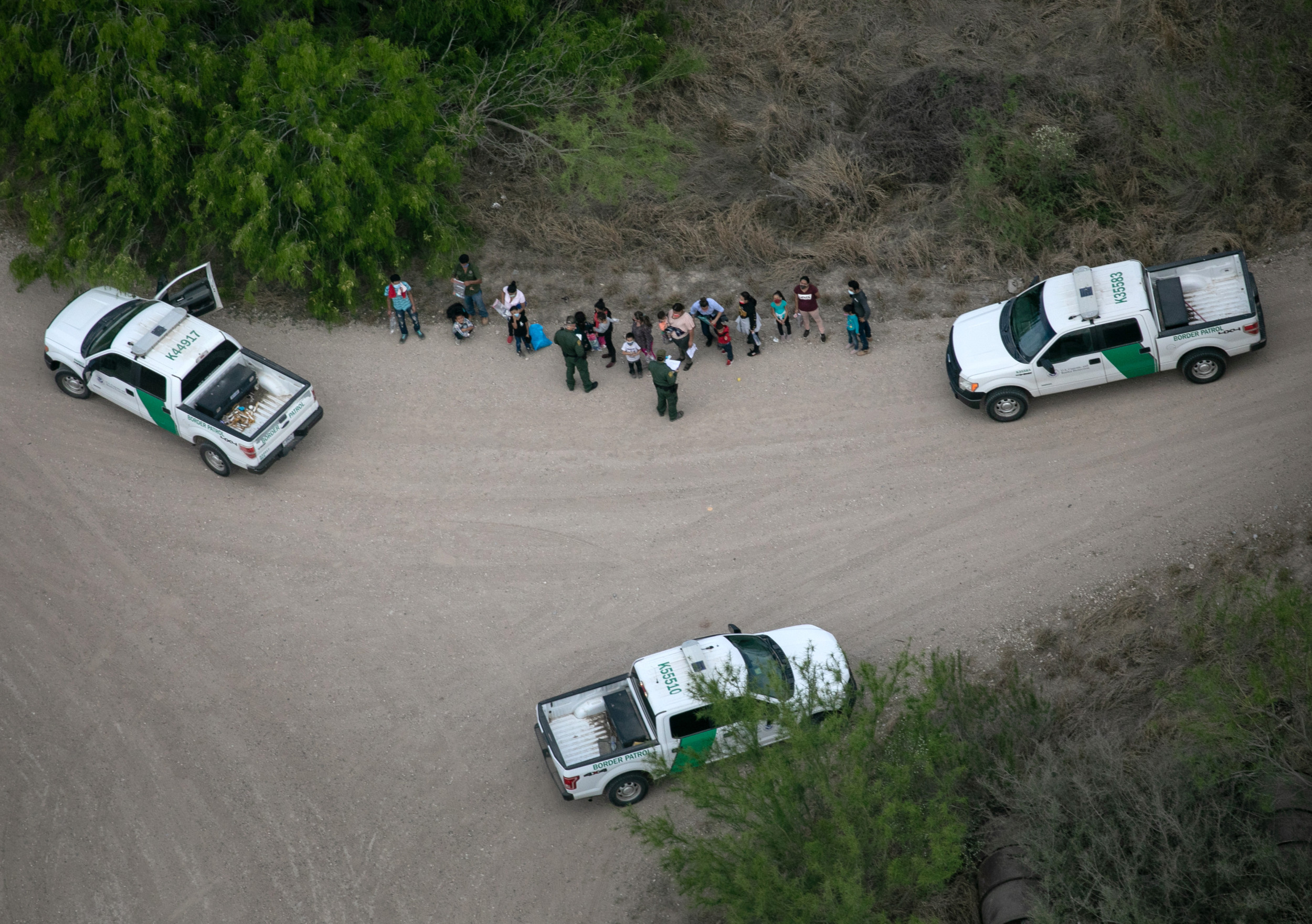
There's no relief from the stormy weather across British Columbia this week, as back-to-back systems bring in heavy rain, strong winds, and even snow. While that means , it will be troublesome for folks at lower elevations, with power and travel disruptions expected. Impacts to travel are likely in areas that see the blustery winds and heaviest rain, with localized flooding and water pooling on roads a major threat into Wednesday.
Residents are urged to clear storm drains of leaves and debris amid the ongoing miserable weather, as 100+ mm of rain could hit the hardest-hit areas. High winds gusting between 70-90 km/h may also cause tree branches to break, leading to power outages through the mid-week mark. "Be prepared to adjust your driving with changing road conditions due to high winds," said Environment and Climate Change Canada (ECCC) in a wind warning issued for Metro Vancouver late Monday night.

The third of the atmospheric trio this week will feature a stronger low developing in the eastern Pacific. This vigorous system will move over the B.C.
coast Tuesday night and into Wednesday. The main impact from the system is the strong wind gusts, as the warm front moves ashore bringing in strong, southerly gusts. Wind gusts of 70-90+ km/h are possible for the Juan de Fuca, Strait of Georgia and Greater Victoria regions.
Western Vancouver Island could see similar ranges, with wind gusts of 70-90 km/h. Gusts between 50-60 km/h are forecast in Metro Vancouver, and up to 80 km/h for Delta, as well as in the exposed areas along the shoreline in the south and west. As a result of the gusty winds, people can expect power outages and ferry delays or cancellations.
You'll want to check BC Ferries ahead of time for any schedule updates. Just last Monday, , with tens of thousands of customers likely to lose power once again. In addition to the winds, more rain is forecast through Wednesday, with widespread totals of 30-50 mm expected.
Intense rainfall rates of 10-15 mm an hour could impact some coastal regions. In some of the harder-hit areas, 100+ mm is possible, which could result in localized flooding and water pooling on roads. The biggest snow of the fall season is expected in the Coquihalla and Allison passes across southwestern B.
C, where close to 30 cm of snowfall is possible through Wednesday morning, but temperatures will be hovering near freezing so pass summits will get the most. Long range shows freezing levels more typical of December, and highs in the mid-to-single digits, even reaching down to sea level by early next week. Mountain pass travellers can expect tricky commutes late Tuesday into Wednesday, especially through the Interior where colder pockets of air will remain.
A brief break is expected with mostly dry conditions for Friday and into Saturday, but the next storm is expected to arrive as early as Saturday night and continue through Sunday night. This will be a colder storm with lower snow levels, and the potential for snow into the southern Interior, as well. Cooler than seasonal temperatures will dominate through next week.
.













